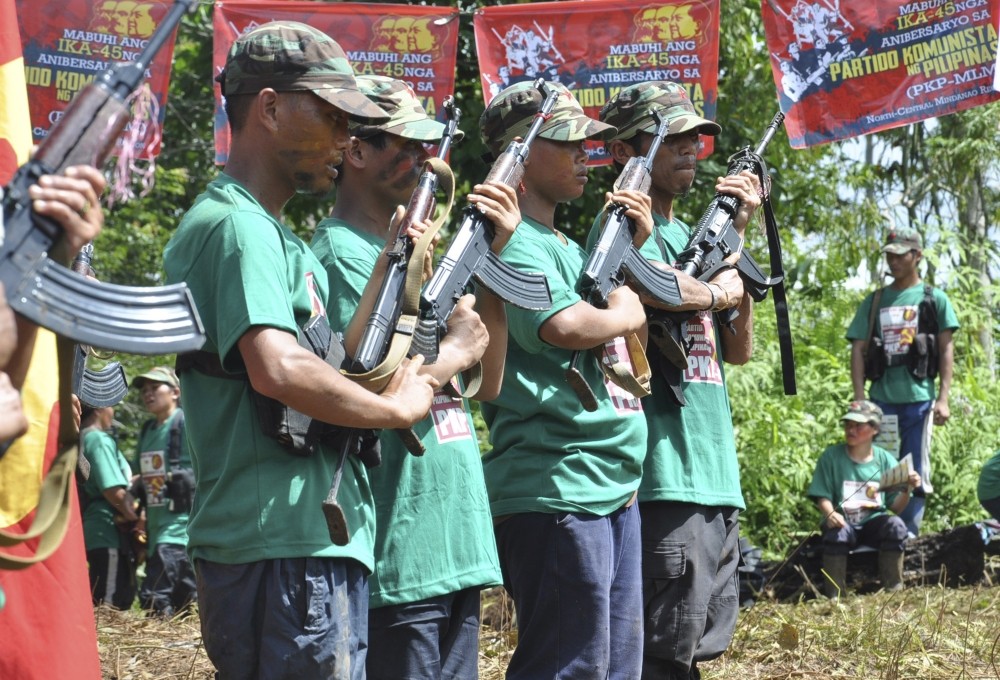28/11/2023
28/11/2023

COPENHAGEN, Denmark, Nov 28, (AP): The Philippine government and the country’s communist rebels have agreed to resume talks aimed at ending decades of armed conflict, one of Asia's longest, Norwegian mediators announced Tuesday.
High-ranking delegations from both sides met in the Norwegian capital last week and agreed to a "common vision for peace” that sought to address key obstacles, according to Norway’s foreign ministry.
Norwegian Foreign Minister Espen Barth Eide said the deal was signed at "an important signing ceremony” on Thursday but was only made public Tuesday.
The Communist Party of the Philippines and its armed wing, the New People's Army, have fought successive Philippine governments since 1969. The rebellion, which opposes the Philippines' close ties with the US and wants left-wing parties to be part of the government, has left about 40,000 combatants and civilians dead and has stunted economic development in the impoverished countryside. The military says a few thousand Maoist insurgents are continuing to wage the insurgency.
Past administrations had engaged in on-and-off peace negotiations with communist rebels. Former president Rodrigo Duterte ended peace talks in March 2019, accusing the rebels of attacks on police and military outposts. The US, the European Union, and the Philippine government consider the NPA as a terrorist organization because of its attacks targeting civilians.
Last year, Ferdinand Marcos Jr took office as the new president and appeared more open to peace talks. He granted amnesty last week to several insurgent groups, including NPA, for offenses including rebellion, sedition, and illegal assembly, but not those suspected of kidnapping, killing, terrorism, or similar serious crimes.
Marcos' namesake father declared martial law in the Philippines in 1972, imprisoning thousands of suspected rebels and communist supporters, until he was ousted in a 1986 popular uprising.
The Philippine government and the National Democratic Front of the Philippines, the umbrella group representing the rebels, said in their joint statement that they "recognize the need to unite as a nation in order to urgently address these challenges and resolve the reasons for the armed conflict.”
They "agree to a principled and peaceful resolution of the armed conflict.”


